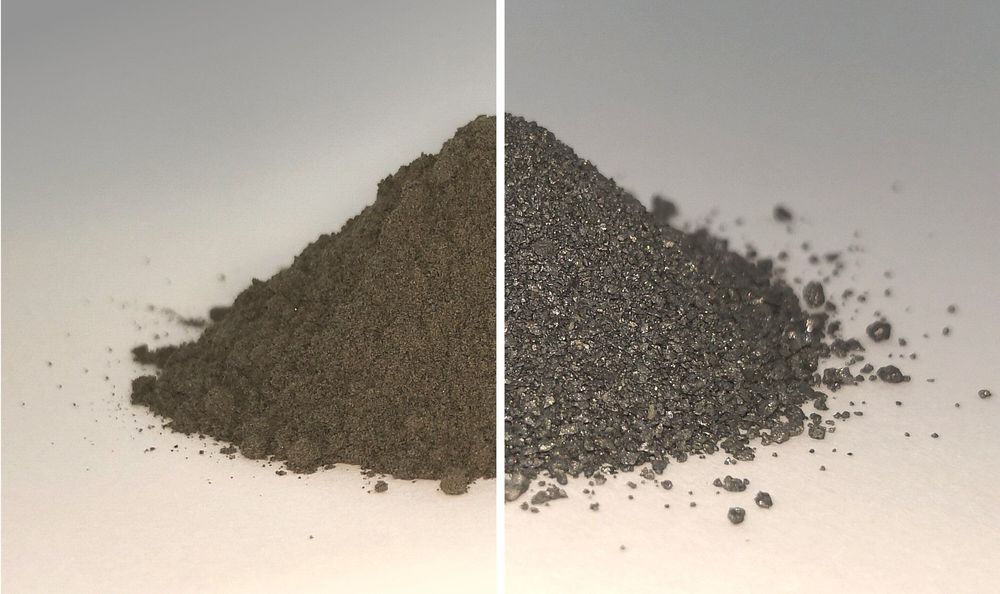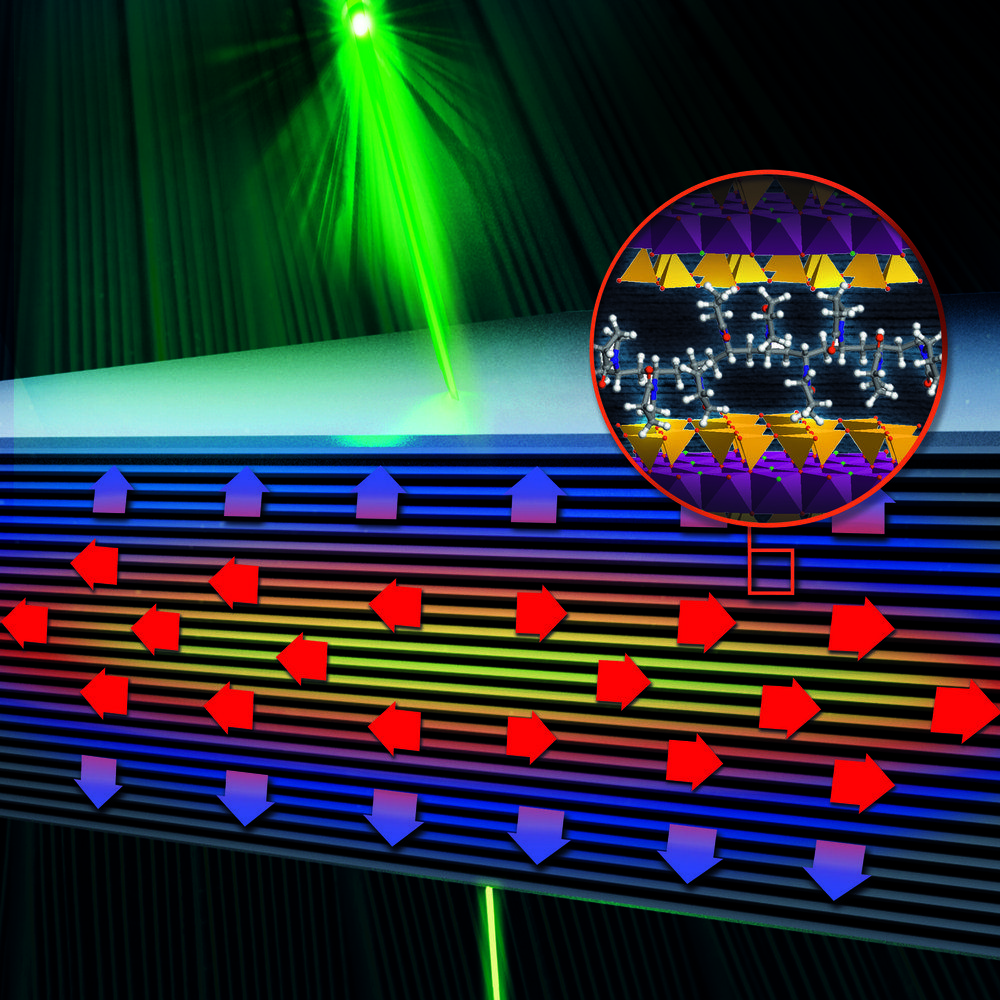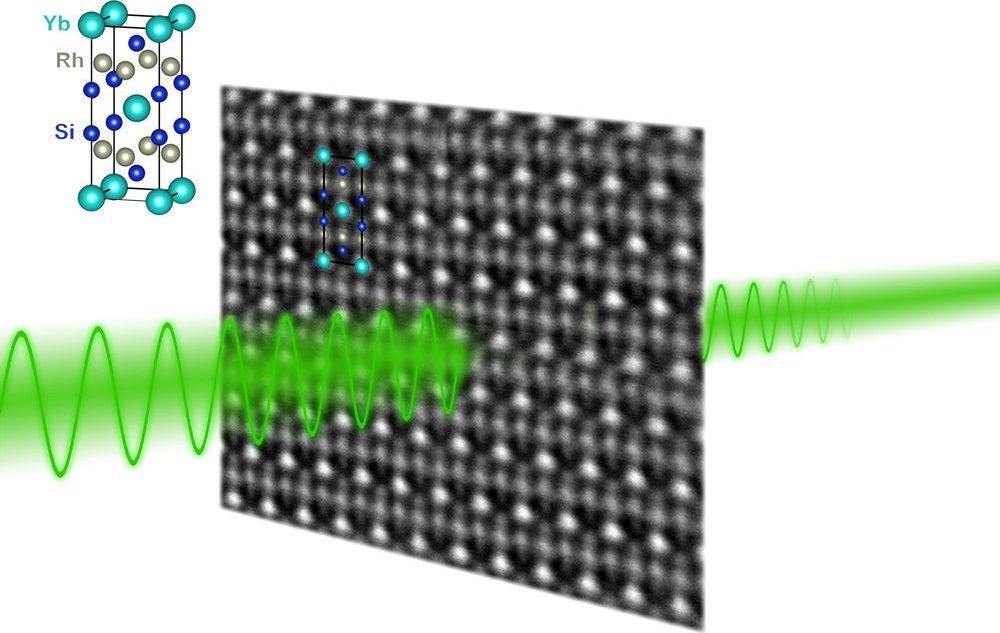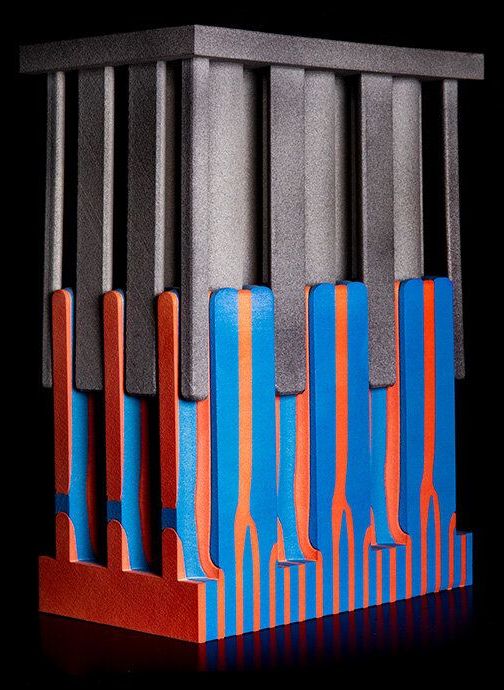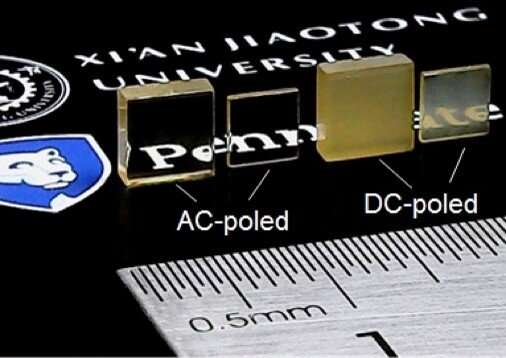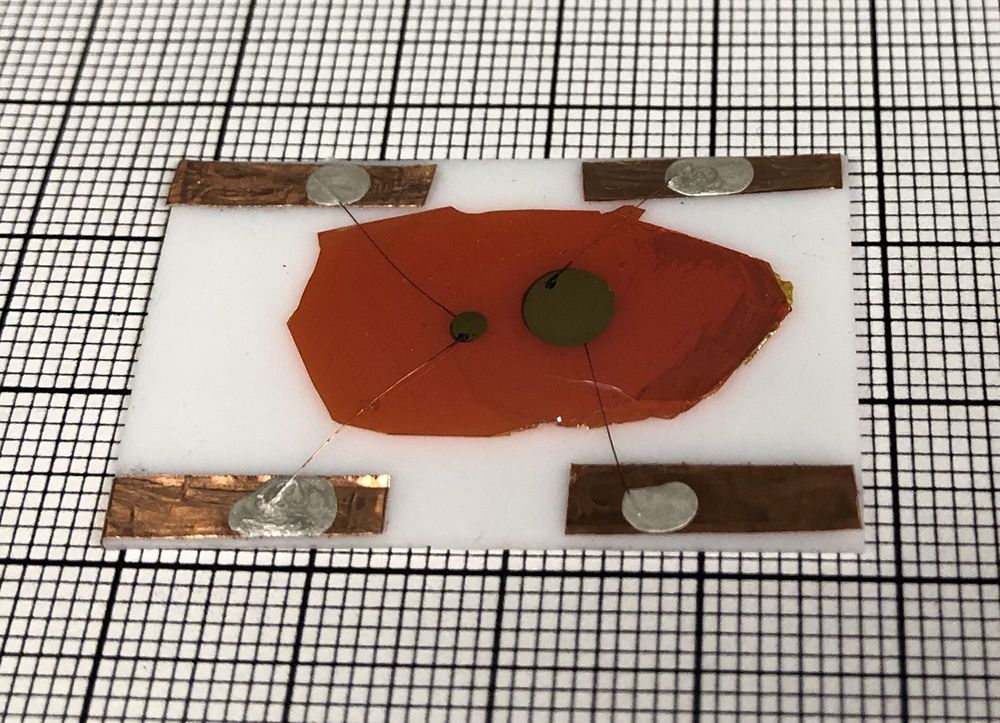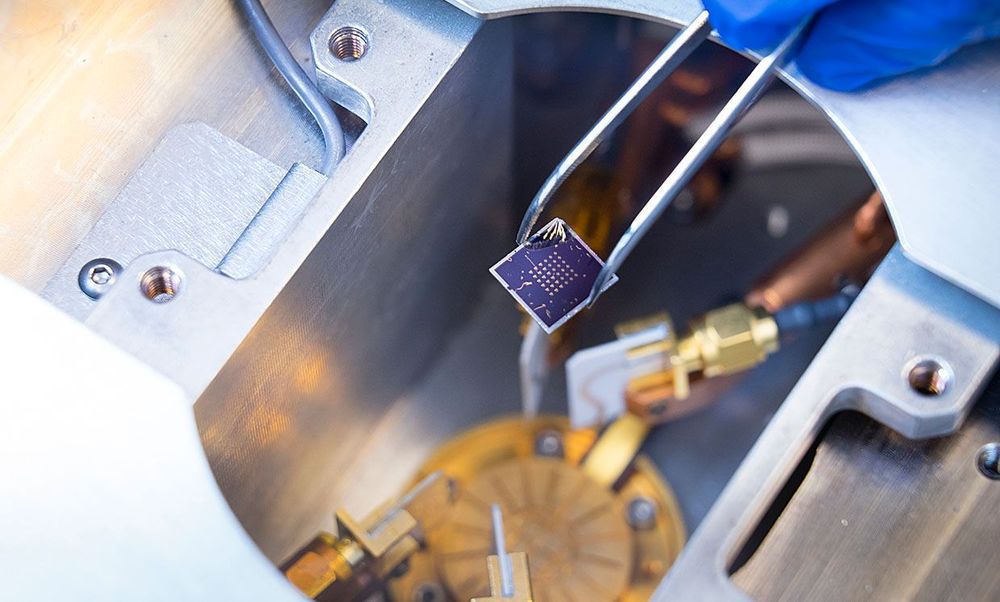According to ancient lore, Genghis Khan instructed his horsemen to wear silk vests underneath their armor to better protect themselves against an onslaught of arrows during battle. Since the time of Khan, body armor has significantly evolved—silk has given way to ultra-hard materials that act like impenetrable walls against most ammunition. However, even this armor can fail, particularly if it is hit by high-speed ammunition or other fast-moving objects.
Researchers at Texas A&M University have formulated a new recipe that can prevent weaknesses in modern-day armor. By adding a tiny amount of the element silicon to boron carbide, a material commonly used for making body armor, they discovered that bullet-resistant gear could be made substantially more resilient to high-speed impacts.
“For the past 12 years, researchers have been looking for ways to reduce the damage caused by the impact of high-speed bullets on armor made with boron carbide,” said Dr. Kelvin Xie, assistant professor in the Department of Materials Science and Engineering. “Our work finally addresses this unmet need and is a step forward in designing superior body armor that will safeguard against even more powerful firearms during combat.”

